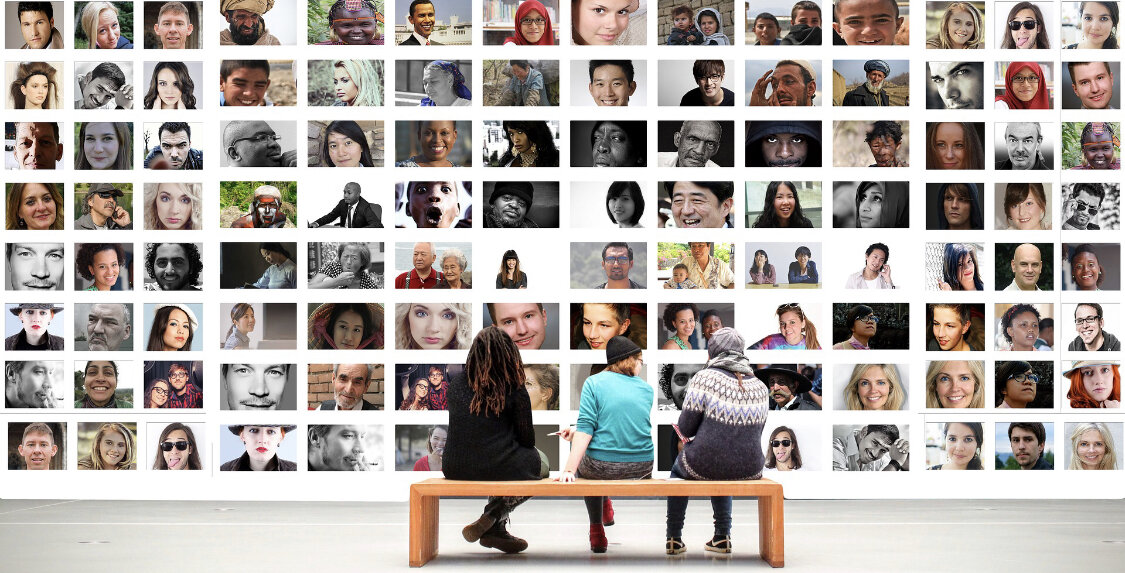Mount Sinai will lead a team to decrease disparities in cancer clinical trials
Health Equity
Mount Sinai researchers have received a grant award to lead a collaborative team of New York institutions in an initiative that addresses disparities in the participation of Black, indigenous and people of color (BIPOC) in cancer clinical trials. Stand Up To Cancer® (SU2C) awarded $6 million to a multi-institutional team, its first team of researchers dedicated to health equity in cancer research.
The Health Equity Breakthrough Team includes clinical cancer specialists and experts in the social science components of community health. The team, which has been named the SU2C Health Equity Breakthrough Team, will be led by Nina Bickell, MD, MPH, Professor of Population Health Science and Policy at the Icahn School of Medicine at Mount Sinai and Co-lead of Cancer Prevention and Control for The Tisch Cancer Institute at Mount Sinai. The team includes doctors and scientists specializing in both social science and clinical research from four New York City institutions that serve some of the most diverse and medically underserved communities in the United States.
Dr. Bickell, a renowned researcher in cancer disparities, said, “Much of our standard of care in cancer is grounded in research with mostly white populations. Our goal is to figure out how we can change that —in how scientists approach their work, how medically underserved communities can learn more about pioneering cancer research and treatments, and how care delivery systems can make it easier for patients to learn about clinical trials.”
For decades, Dr. Bickell has worked with New York City’s safety-net hospitals, designing and implementing programs that reduce disparities in cancer care and investigating potential causes of underlying inequalities in cancer outcomes. Also on the team is Zorina Costello, DMin, Director of Community Engagement for the Center for Spirituality and Health at Icahn Mount Sinai.
Participation by BIPOC patients in all cancer clinical trials has traditionally been low. For example, the U.S. Food and Drug Administration recently reported that only 4 percent of clinical trial participants are Black and 5 percent are Hispanic, despite the fact that minority groups overall in the United States have both the highest death rate and shortest survival times for most cancers.
The team will work with community-based groups and community oncologists in New York City to help engage people from medically underserved communities and try to establish new standards regarding their views on cancer care and research. The team will work with community organizations to raise awareness about cancer research in communities where people are often told little about the latest breakthroughs in cancer treatment and research, train scientists and doctors to better understand how life circumstances affect the health of certain communities and explore ways to better inform underrepresented patients about clinical trials.
In engaging with cancer patients about possible clinical trials in which they might participate, the team will especially focus on breast, prostate, and liver cancers. All three cancers disproportionately affect racial and ethnic minority groups. The combination of these aims—along with the potential broad utilization of the materials and methods developed by the team—represent a breakthrough towards addressing health equity in cancer clinical trials.

